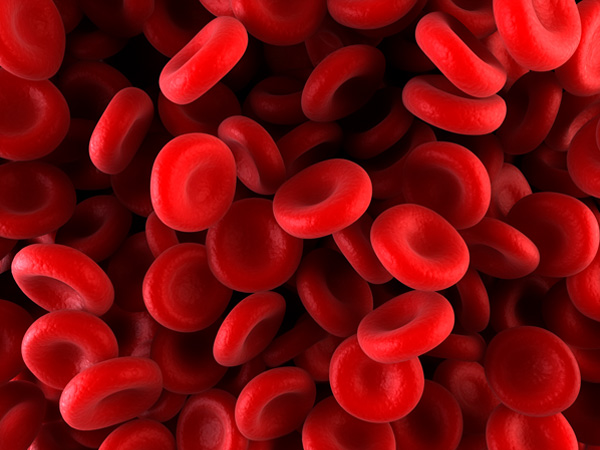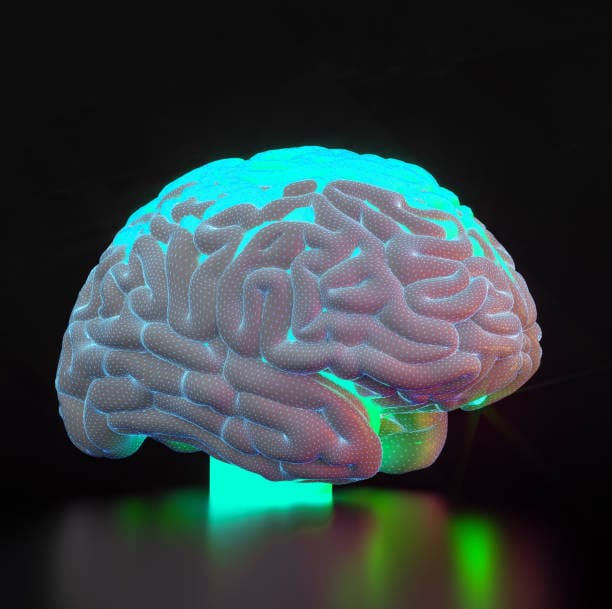The story begins quietly, deep inside the cells of the human brain. For years, researchers have known that disorders like major depressive disorder, bipolar disorder, and schizophrenia share a troubling set of biological signatures: mitochondrial impairment, insulin resistance, cerebral glucose hypometabolism, and systemic inflammation. These findings hinted at something metabolic happening beneath the surface of emotional suffering. But the trail was faint, and the science was young.
Now, a new chapter has arrived—not with a miracle cure, but with a careful, provocative question: what happens when the brain is fueled differently?
That is the question a team led by St. Michael’s Hospital in Toronto set out to explore, and their answer comes from one of the oldest dietary strategies in clinical medicine: the ketogenic diet.
The Diet That Changes the Brain’s Fuel
The ketogenic diet first entered medicine a century ago as a nonpharmacologic approach for treating refractory epilepsy. It is high in fat, moderate in protein, and extremely low in carbohydrates. When carbohydrates fall away, the body performs a metabolic pivot. Instead of running on glucose, the brain begins to rely on ketone bodies such as beta-hydroxybutyrate, acetoacetate, and acetone.
This biochemical shift, researchers have long suspected, does more than fuel cells. It influences mitochondrial function, oxidative stress, inflammatory signaling, and even neurotransmitter systems involving gamma-aminobutyric acid and glutamate. Some reports have described effects on gut microbiota and neural network stability, and noted overlaps with the pharmacodynamics of certain mood stabilizers. Early case reports have suggested improvements in mood, anxiety, cognition, weight, and quality of life, though they also raised safety concerns for individuals with mitochondrial DNA deletions or those using multiple medications.
Still, the question remained: across broader populations, does this diet truly move the needle on mental health?
A Global Search Through Decades of Data
To answer that question, the investigators conducted a sweeping systematic review and meta-analysis titled “Ketogenic Diets and Depression and Anxiety,” published in JAMA Psychiatry. It was not a small undertaking. Across 50 studies, 41,718 participants between the ages of 18 and 70 contributed data from 15 countries. Twenty-three studies were conducted in the United States. The research spanned psychiatric and nonpsychiatric populations alike, including those with major depressive disorder, bipolar disorder, schizophrenia, generalized anxiety disorder, posttraumatic stress disorder, and medical conditions such as obesity.
Only validated psychiatric scales were allowed into the analysis, including instruments like the Patient Health Questionnaire-9 and Generalized Anxiety Disorder-7. The pool included 14 randomized clinical trials, 17 quasi-experimental studies, five analytical cross-sectional studies, six case series, and eight case reports. The timeline stretched from 1965 to 2025, with a surge in publications after 2019 and a peak in 2024.
Depression was the most frequently examined outcome, appearing in 41 studies. Anxiety followed in 29. Some populations carried formal psychiatric diagnoses; others did not. But across this diverse landscape, the researchers went searching for patterns—hoping to see whether nutritional ketosis left any consistent imprint on mental health.
The Pattern That Emerged in Depression
The clearest signal appeared in the randomized clinical trials focused on depressive symptoms. Ten such trials, involving 631 participants, yielded a pooled standardized mean difference of -0.48, a small to medium association favoring ketogenic diets over control diets.
But the story sharpened when the researchers looked at biochemical ketone monitoring. In studies where ketone levels were actually measured and confirmed, the association grew larger—reaching a standardized mean difference of -0.88. In trials without ketone monitoring, the association shrank and became nonsignificant. The subgroup comparison revealed a striking difference of -0.84, suggesting that achieving true nutritional ketosis may be central to the effect.
Dietary contrasts mattered too. Trials without high-carbohydrate comparator diets showed a large and significant association with depressive symptom improvement at -1.49. Meanwhile, studies with high-carbohydrate comparators showed no significant benefit. The difference between the two categories, -1.37, highlighted how strongly the comparison diet could shape outcomes.
Participant characteristics also proved influential. Among nonobese participants, the pooled effect reached a large and statistically significant -0.88. Among obese participants, it was -0.11 and nonsignificant. The same pattern appeared when researchers examined carbohydrate intensity. Very low-carbohydrate diets, capped at 10 percent of energy from carbohydrates, produced a significantly large association of -0.79. Diets with 11–20 percent carbohydrate energy showed a nonsignificant association of -0.05. The difference between these dietary intensities was -0.75.
Duration, surprisingly, did not create meaningful differences. Four to six weeks, eight to nine weeks, and ten weeks or longer produced roughly similar patterns.
Quasi-experimental studies echoed the trend. Nine such studies showed a pooled standardized mean change of -0.66—a medium association. Ketone monitoring again mattered, although subgroup differences did not reach significance.
Across both study types, depressive symptoms followed a consistent direction, suggesting something meaningful might be happening when the brain adapts to ketones.
A Quieter Signal in Anxiety
The story was less clear when the team examined anxiety. Randomized clinical trials involving nine studies and 672 participants found no significant association between ketogenic diets and anxiety symptom change, producing a pooled standardized mean difference of -0.03. Subgroup analyses—whether based on ketone monitoring, comparator diet, obesity status, carbohydrate restriction, or duration—did not reveal consistent moderators. Even the high-carbohydrate comparator analysis showed no significant benefit.
Quasi-experimental data, however, told a slightly different story. Six such studies showed a pooled standardized mean change of -0.58, suggesting medium within-group improvement over time. But without control groups, these improvements could reflect many factors besides the diet itself. Subgroup analyses again found no significant differences.
Still, authors noted that depressive and anxiety symptoms tended to improve across diverse populations, including those with major depressive disorder, generalized anxiety disorder, posttraumatic stress disorder, schizophrenia, bipolar disorder, and even nonpsychiatric medical conditions.
Case series and case reports added texture to the narrative. These described reductions in psychotic symptoms and mood stabilization in people with schizophrenia or bipolar spectrum disorders who followed ketogenic or similar regimens. A feasibility trial in posttraumatic stress disorder suggested meaningful symptom reductions, though authors emphasized the need for further trials.
Where the Evidence Leaves Us
The study authors draw a cautious but intriguing conclusion: ketogenic diets may offer therapeutic benefits for depressive symptoms, especially when nutritional ketosis is biochemically verified. Evidence for anxiety, however, remains preliminary in randomized trials. Improvements seen in quasi-experimental studies may reflect closer adherence to ketogenic protocols or vulnerabilities to design-related bias.
Generalizability remains limited. Diet composition, comparator regimens, adherence support, symptom measures, trial quality, and follow-up length varied widely. According to the authors, pooled estimates do not represent a single uniform effect or proof that ketogenic diets cause improvement. Symptom change, they emphasize, is unlikely to be consistent across all patients.
Why This Research Matters
This work matters because it opens a new frontier in understanding the biology of mood. Instead of viewing depression only through the lens of neurotransmitters or life experiences, this research invites a broader view—one that includes metabolism, inflammation, and the brain’s shifting energy sources. For people who do not respond to traditional treatments, metabolic approaches may someday offer another path.
The findings do not promise a cure. They do not claim a universal solution. What they offer instead is curiosity, possibility, and a carefully drawn map of what scientists know—and what they still need to explore.
More information: Reinhard Janssen-Aguilar et al, Ketogenic Diets and Depression and Anxiety, JAMA Psychiatry (2025). DOI: 10.1001/jamapsychiatry.2025.3261






